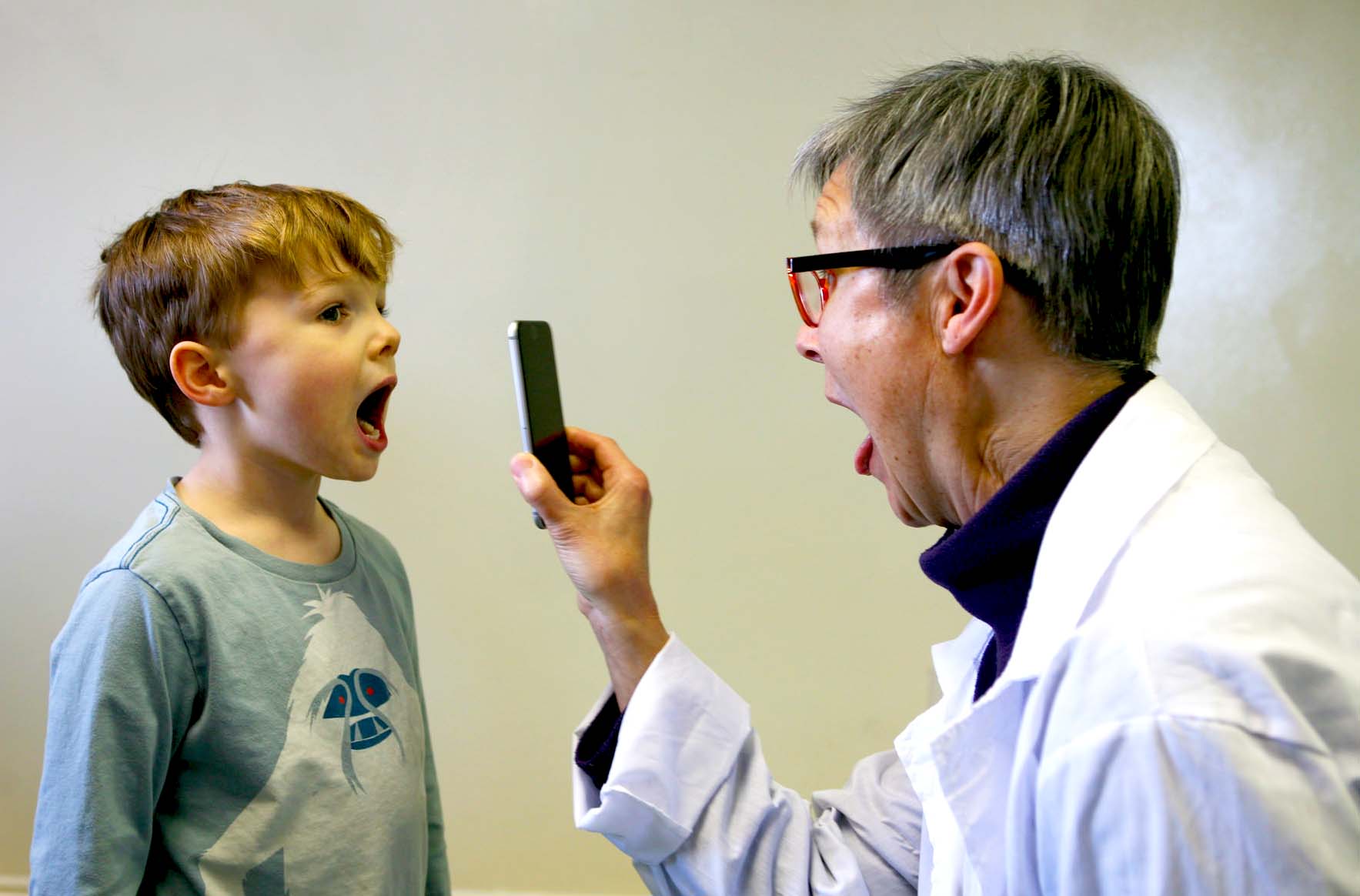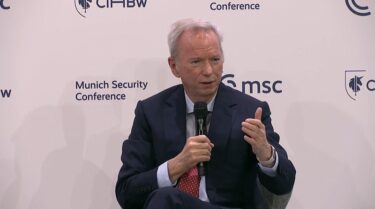In the future, feeling sick might not necessarily include a medical appointment thanks to the increasing versatility and power of mobile devices.
The current neurosis inducing practice of self-diagnosis based on a subjective approach, (i.e.: typing your symptoms into WebMD or a similar website in an attempt to figure out whether you have the flu, lupus or terminal cancer) is controversial for obvious reasons. Yet safer, objective diagnoses -up to a certain level- without interacting with a physician might soon become a reality.
We may get uneasy at the idea and yet, only two decades ago, driverless electric cars were the stuff of dreams and unmanned war drones that of nightmares. Now we cannot wait for a relaxing commute on a driverless Tesla, and for the day when wars are not fought by human soldiers but robots.
We embrace new technology even as factory workers, translators, bankers and many other professions are at risk of becoming obsolete, because this change means easier and cheaper access to products and services. It was unthinkable that customer service, the human side of business, would be one of the first affected; well, it is already happening.
The biomedical world is no exception to this trend.
The emergence of precision medicine is leading the medical field away from generalizations and onto personalized treatments using progressively automated techniques. Surgical procedures, once the paramount of manual skills, now make extensive use of technological aids that are capable of nips and tucks far more precise than any hand. Even highly trained physicians are subject to human error – an unavoidable trait of human nature, but one that must be reduced to the minimum when lives are at stake.
Let’s not forget medicine is, after all, science. Despite the human interaction it has traditionally required, diagnoses and treatments must rely on cold, hard data to eliminate bias and prevent errors. While biotechnology and healthcare experts are no doubt essential to the provision and advancement of medicine, relieving some of the burdens on healthcare systems through accessible, reliable technological tools is a sensible proposal.
The computing power and media capabilities of portable devices can be harnessed for medical solutions that change millions of lives worldwide. In time, hopefully with the help of regulatory bodies and the medical community, smartphones will be able to inexpensively collect and analyze data from a patient, and recommend the same course of action a knowledgeable physician would.
Following this trend, Indian biotech startup Biosense Technologies wishes to “democratize healthcare” with the uChek system, capable of running 14 urine analyses and displaying accurate results on your phone. A similar system, developed by the Ozcan Research Group of UCLA, has an estimated cost per unit of no more than $100.
Smartphone-enabled health gadgets are a versatile field: Dario monitors blood sugar, EEG app SBS2 has proven to be very effective, and even DNA analysis and diagnostics are possible thanks to Biomeme.
Eye care is no exception: FDA-approved app mVT can detect vision issues arising from diabetes, while British company PeekVision develops tiny devices and applications that make diagnosing diverse eye conditions in remote areas or developing countries a reality.
Telehealth is already an established trend that is revolutionizing the medical world as it speeds up and lowers the cost of health care. KaigoHealth, for example, lets you interact with health care experts directly from your smartphone for support during treatment, after a procedure, or simply to answer your questions.
While your smartphone is still far from substituting your doctor, huge leaps toward the safe and accurate diagnosis of minor conditions without consulting a specialist will likely happen during our lifetimes. Considering the cost and difficulty of getting non-urgent medical attention in most of the world, including the US, it would certainly increase our quality of life.











